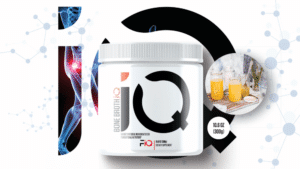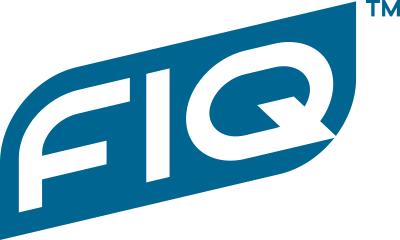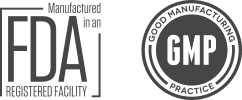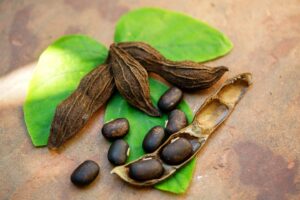
Why Supplements are Crucial for a Plant-Based Diet

By: Griffin McKenzie
Entrepreneur, Health Coach, and Blogger
@griffinmckenzie
www.griffinmckenzie.com
With concern about cardiovascular disease (CVD), obesity, and diabetes running rampant, many are turning to a plant-based or even vegan diet to combat the intake of poorly processed meat, added sugars, and unhealthy saturated fats that plague the standard American diet. However, by eliminating or reducing animal products, those who are focused on a plant-based diet are often lacking essential nutrients. Supplements are an ideal solution to provide these nutrients, without compromising dietary or lifestyle standards.
For those who ascribe to a raw food regimen, deficiencies of essential nutrients such as vitamin B-12, vitamin D, and iron may arise. One study found that, while a raw food diet can lower total cholesterol and triglycerides, it also lowers HDL cholesterol and increases tHcy (total homocysteine) concentrations because of vitamin B-12 deficiencies. High tHcy is seen to be an independent risk factor for CVD (1).
Vegetarians have been shown to consume a higher quantity of soy, whole grains, and legumes than non-vegetarians, which can be difficult to break down and digest (2). Especially if the diet is higher in sugars and gluten, which wouldn’t necessarily be excluded in a plant-based diet, it is important to support pathways of digestion and elimination. Our DigestIQ is an excellent supplement to consume alongside of grains, glutens, and more inflammatory foods to enhance digestion and repopulate the gut with healthy bacteria.
Every way of eating has the potential to be nutritionally deficient in some way, but it’s crucial to understand how your way of eating might be supported through supplementation in order to enhance your overall health.
References:
-
Koebnick, C., Garcia, A. L., Dagnelie, P. C., Strassner, C., Lindemans, J., Katz, N., & … Hoffmann, I. (2005). Long-term consumption of a raw food diet is associated with favorable serum LDL cholesterol and triglycerides but also with elevated plasma homocysteine and low serum HDL cholesterol in humans. The Journal Of Nutrition, (10), 2372. Retrieved July 13, 2018, from https://uws.idm.oclc.org/
login?url=http://search. ebscohost.com/login.aspx? direct=true&db=mdc&AN= 16177198&site=eds-live -
Juan, W., Yamini, S., & Britten, P. (2015). Food Intake Patterns of Self-identified Vegetarians Among the U.S. Population, 2007-2010. Procedia Food Science, 4(The 38th National Nutrient Databank Conference), 86-93. doi:10.1016/j.profoo.2015.06.
013

